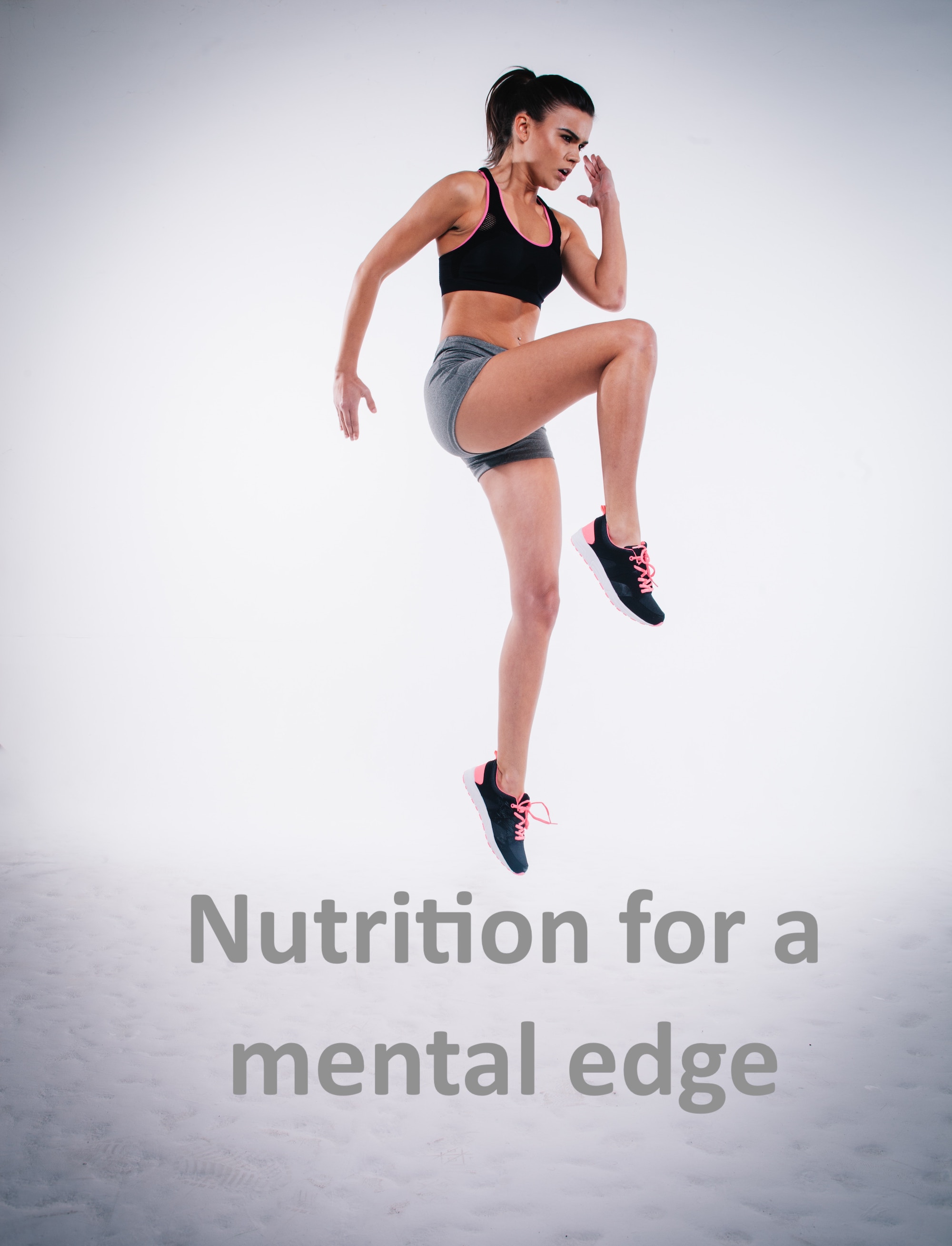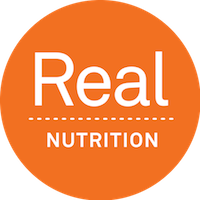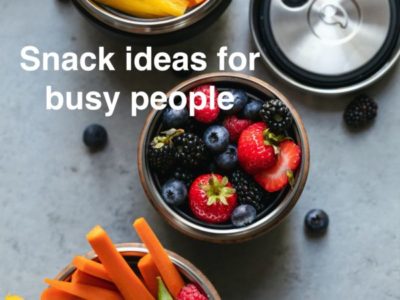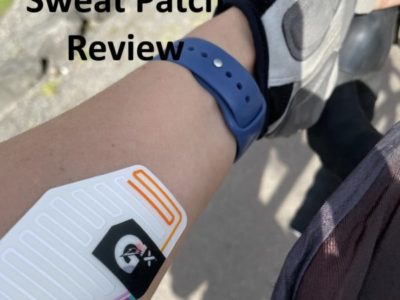
Maximize nutrition for that mental edge
This article also appears on http://portlandsportpsychology.com/maximize-nutrition-for-that-mental-edge/.
Visit portlandsportpsychology.com to set up an appointment with Elliott Waksman, an excellent sports psychologist.
You want that edge. You need the skill, power, endurance, and drive to win. You spend countless hours training. You get the right equipment. You practice endless drills. Your coach, athletic trainer, sports psychologist, and team physician are all there to support you.
But did you know that nutrition can affect your mental game? Think about the last time you were extremely hungry. Did you feel like you could complete a difficult physical task, or a complex mental problem? Your brain needs fuel in order to function, just like your muscles do.
Fatigue causes increased mistakes, missed shots, imprecise skill execution, and sometimes lost competitions. Many sports nutrition studies have found that proper nutrition and hydration can help alleviate fatigue, increase mental sharpness, enhance mood, and increase accuracy of skill-related tasks in sport. There are many strategies to help fuel your brain. Here are a few hot topics in the sports nutrition world.
Dehydration is well-known to cause fatigue. It can also cause decreased mental sharpness, and negatively impact mood, aerobic performance, cognition, and skilled tasks. Dehydration can spell trouble for your training and competition. Hydration strategies need to be tailored to your specific needs and sweat rate, as well as the humidity and temperature at each practice or event.
Carbohydrate mouth rinse: Scientists have long thought that there was a connection between carbohydrate ingestion and the central nervous system. Carbohydrates can obviously fuel your workout, but researchers have recently discovered that, even without actually ingesting carbohydrate, it can have a positive effect on performance. Athletes with gastrointestinal issues sometimes don’t want to drink a lot of sports drink, but by merely swishing and spitting it out, they can still get a nice central nervous system signal that can boost performance. It’s like tricking the brain into thinking that it’s going to get some fuel. It can increase time to exhaustion and decrease rate of perceived exertion.
Caffeine This well-beloved substance is the most widely-used performance enhancer. Those who respond to it know that it helps with mental acuity, mood, and delayed fatigue. Try plain ol’ coffee, caffeine Gu, caffeine enhanced CLIF Chomps, or the classic Ironman beverage of choice: flat Coke, guzzled deep into the race course. Even low doses of about 200 mg, which can be found in a cup of coffee, can be helpful for performance enhancement.
Nutrition to enhance training and performance is often overlooked. Or, if it is implemented, it’s done poorly. Blogs, websites, popular books, and even coaches often give wrong information about what you need to excel in your sport. A sports dietitian is your best source for proper and practical nutrition information to help you compete and train at your highest level.
Check out our amazing nutrition resources, including on-demand courses, free downloads, and webinar replays.
- Nutrition for Climbers
- The Ultimate Guide to Useful Sports Supplements
- Ditch Diets and Become an Intuitive Eater
And be sure to follow us on Instagram!
Book an appointment with the dietitian
References
Cotter, JB; Thornton, SN; Lee, JKW, & Laursen, PB. (2014). Are we being drowned in hydration advice? Thirsty for more? Extrem Physiol Med, 3:18.
Spriet, L. (2014). Exercise and sport performance with low doses of caffeine. Sports Med. S175-S184.
Fares, EJM; Kayser, B. (2011). Carbohydrate mouth rinse effects of exercise capacity in pre- and post-prandial states. J Nutr Metab. 385962.




